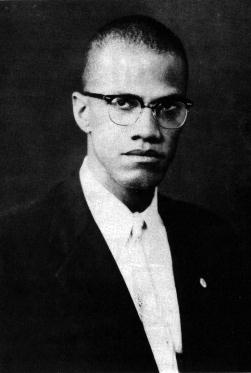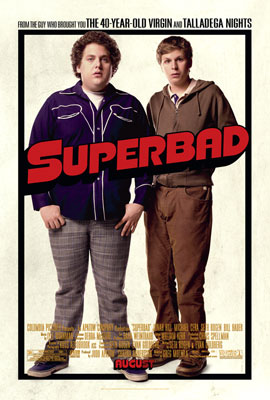Wednesday, October 26, 2005
Treasonous Libel & Disaffection
With the Australian government intent on outlawing anything it doesn't like the sound of (i.e., speech which challenges the government), Chas Savage makes this helpful retort (hat-tip: NRT). I particularly appreciated this summary of the Monarchy:
Yes, that nicely sums up how I feel about both the institution of the Monarchy and those who currently inhabit it. All teachers in New Zealand should be required to recite this oath.
Anyway, on a more serious "hey let's actually dismantle a country" note, a useful reminder that states are not necessarily one nation under god, it is exactly 10 years since the Quebec referendum that oh-so-narrowly failed to break apart Canada. The Globe & Mail has a useful series running on this, and I particularly appreciated yesterday's entry. I hadn't quite appreciated that full and unambiguous "independent country status" was being sought:
Just so it is clear, I urge all Australians to hold the sovereign and her heirs and successors with hatred and contempt. Lecherous, callow, adulterous; inbreed [sic], exclusive and foreign; they remind us that, by them, we are made no democratic people. Because they are appointed by bloodline, and because talent, accomplishment and merit enter not into the question of their position and the prominence accorded to them, they exist as proof that government can be degraded by the powerful in service of their own interests. As such, they deserve our democratic hatred and contempt.
Yes, that nicely sums up how I feel about both the institution of the Monarchy and those who currently inhabit it. All teachers in New Zealand should be required to recite this oath.
Anyway, on a more serious "hey let's actually dismantle a country" note, a useful reminder that states are not necessarily one nation under god, it is exactly 10 years since the Quebec referendum that oh-so-narrowly failed to break apart Canada. The Globe & Mail has a useful series running on this, and I particularly appreciated yesterday's entry. I hadn't quite appreciated that full and unambiguous "independent country status" was being sought:
[Then Quebec Premier] Mr. Parizeau's intentions [were clear] when he tabled a draft bill on Quebec sovereignty in December of 1994 that outlined plans to declare outright independence after winning a referendum to be held in June of 1995. Senior government officials prepared a detailed transition plan to move from province to country.How's that for treasonous libel and disaffection? But it raised some bloody interesting constitutional questions ... like, what happens when a part of your country declares independence from the rest when your Prime Minister and a large portion of the Cabinet just so happen to be from that part? Is the Prime Minister still the Prime Minister? Is he (or she, should Auckland declare independence from the rest of New Zealand tomorrow) still a citizen of the country which he leads? Can he negotiate with that breakaway part from whence he came? Buggered if I know:
"Within 45 days the new government would have been in place," Mr. Parizeau said in an interview in 2000. "That isn't to say that each bureaucrat would have already been assigned an office, but we knew exactly what had to be done."
The plan called for a major cabinet shuffle to prepare to govern an independent country, with new ministers to organize an armed forces, prepare for Quebec's entry into the World Trade Organization and the North American free-trade agreement, and negotiate the transfer of Ottawa's fiduciary responsibilities for natives living in Quebec.
In fact, eight days before the referendum, about 10 federal ministers from English Canada openly pondered Mr. Chrétien's future in the event of a separatist victory. Brian Tobin said in the CBC-TV documentary Breaking Point: Canada's Referendum last month that with polls giving the Yes side a comfortable lead, they thought it necessary to consider the breakup of Canada.Puts Australia's current obsession with disaffection into perspective, I guess.
"We asked ourselves difficult questions such as: Could a prime minister from Quebec represent Canada in negotiations?" Mr. Tobin said. He said it was difficult to imagine how Quebeckers, who were among the most influential members of the Chrétien government, could negotiate Quebec's departure from Canada.
"The answer is that they couldn't," Mr. Tobin said.
"The structure of government would have to change dramatically."
Comments:



















Post a Comment